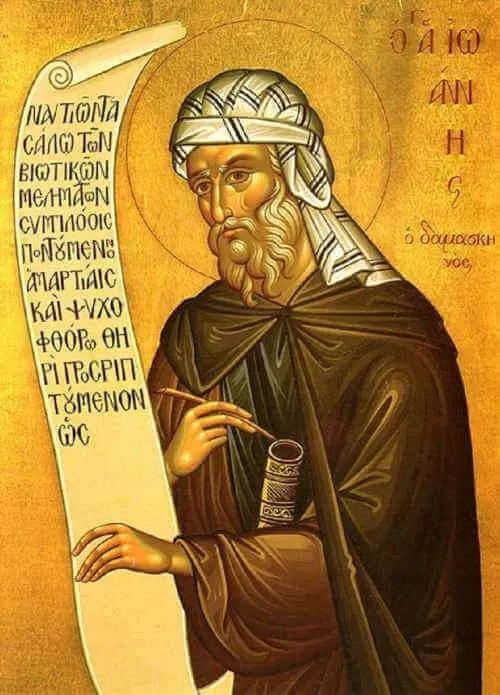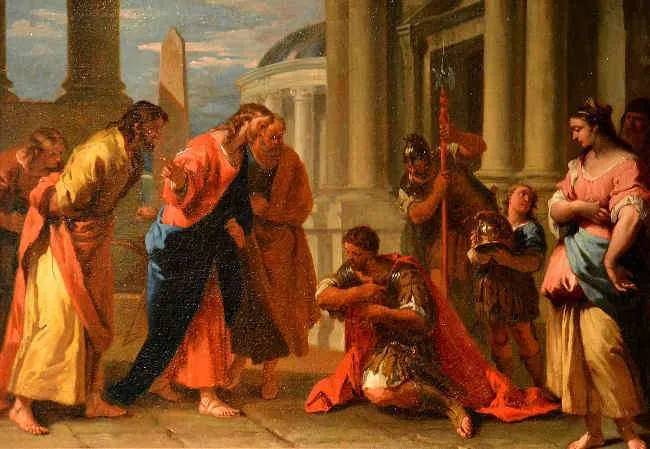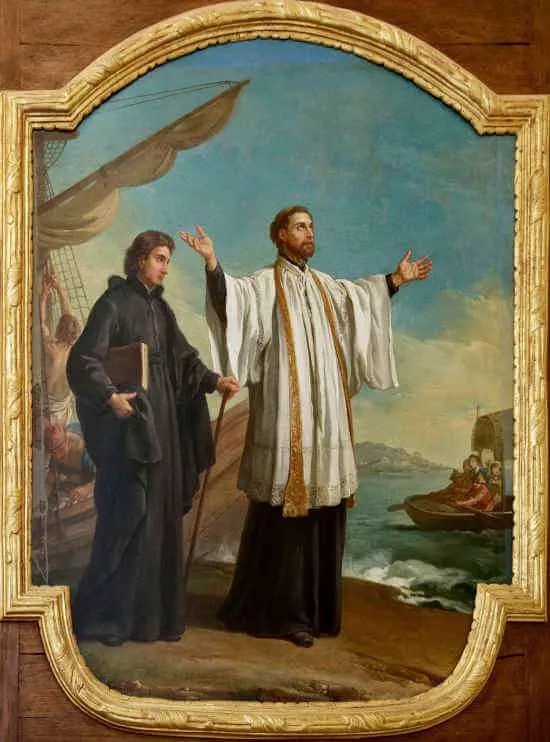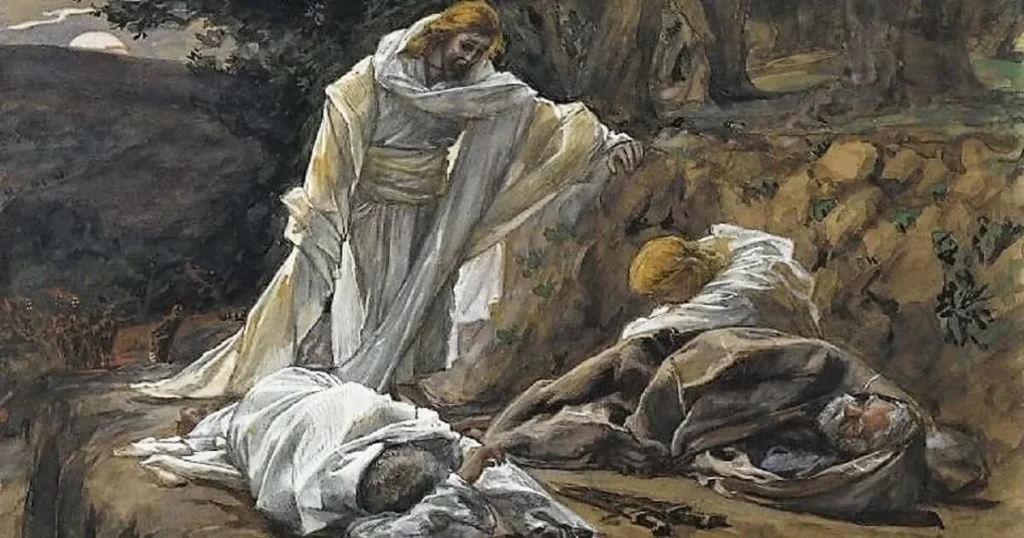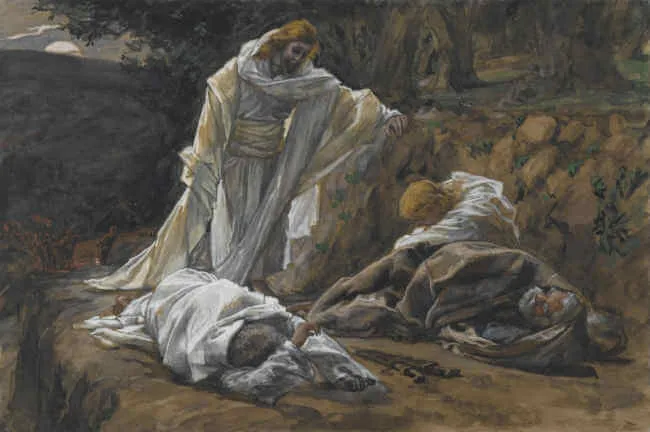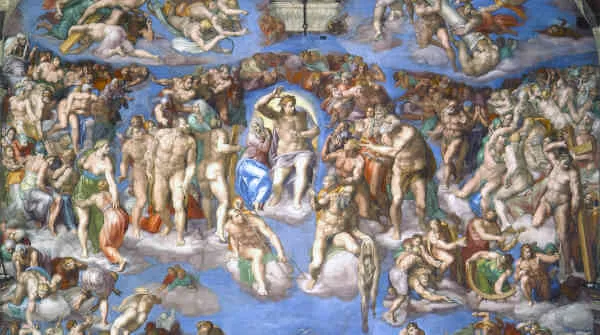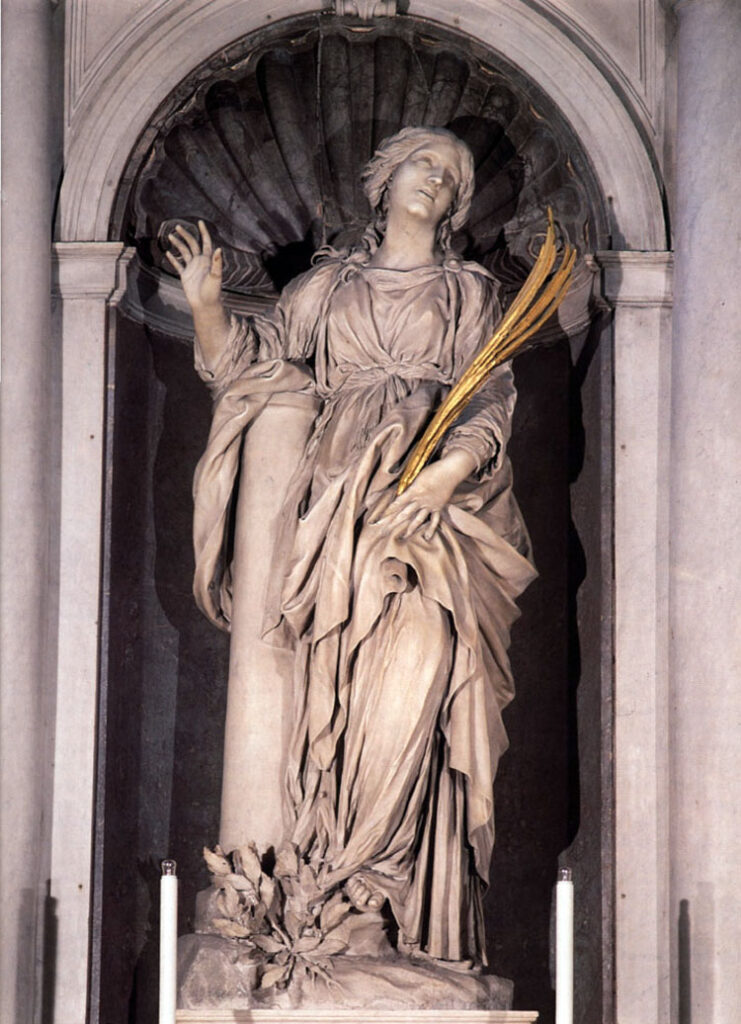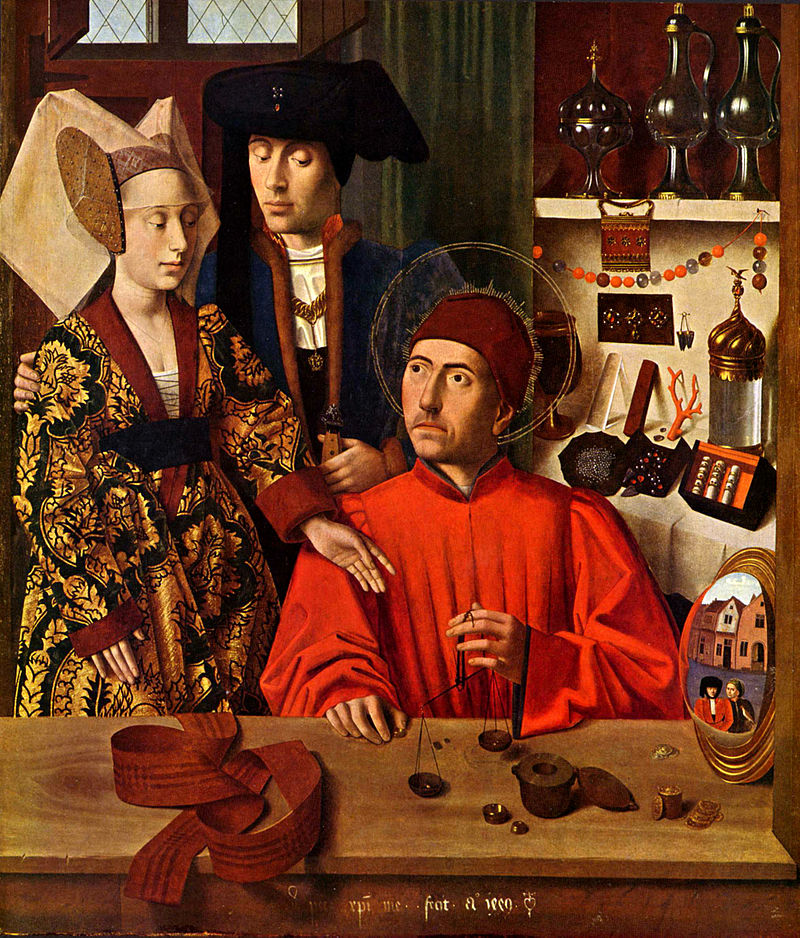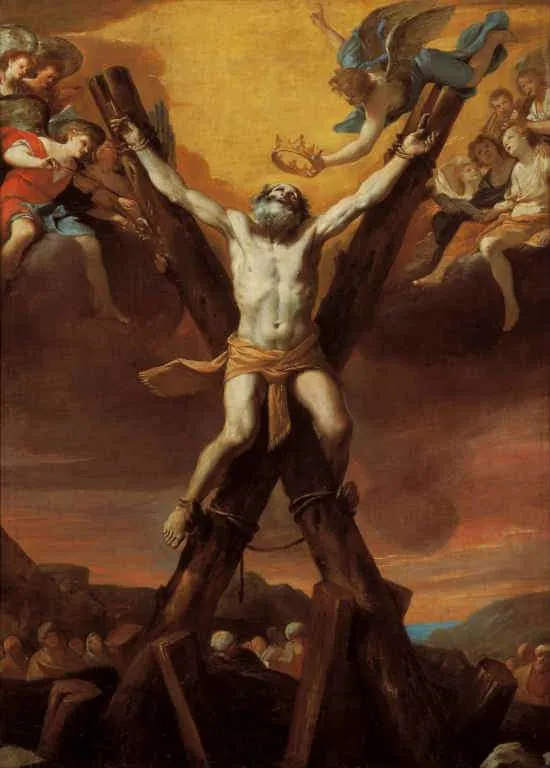Saint John Damascene, Priest, Religious and Doctor
Patron Saint of pharmacists, icon painters, and theology students Pre-Congregation canonization Declared a Doctor of the Church by Pope Leo XIII in 1890
As a monk, John spent his first two decades growing in spiritual perfection. Under the guidance of his spiritual director, he embraced monastic disciplines, such as renouncing his own will, avoiding worldly attachments, dedicating all actions to God, rooting out pride, rejecting the seeking out of extraordinary spiritual experiences, eliminating worldly thoughts, and maintaining silence. He fulfilled every humble task his superiors assigned him. He studied, prayed, did penance, and continuously entrusted himself to His merciful God.
John advanced so greatly in the spiritual life, humility, and learning, that his superiors deemed him worthy of priestly ordination, which was uncommon among the monks. They also believed that, as a priest, he could offer great service to the Church through ministry and writing. Thus, John was ordained and instructed by his superiors to address important theological issues within the Caliphate and Byzantine Empire.
According to various early sources, the first issue arose from Yazid ibn Abd al-Malik, the Islamic Umayyad Caliph, who opposed the use of icons and sacred images in Christian churches. One story relates that a Jewish magician from Tiberias promised Yazid a long life of fortune if he banned Christian icons within his caliphate. The Jews followed the Torah, which banned using images of God. Yazid took his advice and, in 721, issued an edict by which Christian icons were destroyed in churches across the caliphate.
Shortly afterward, between the years 726–729, Byzantine Emperor Leo III, a very religious man, also became convinced that the veneration of sacred images was idolatry. Therefore, he issued his own series of edicts by which he outlawed icons and sacred images throughout the Byzantine Empire. The Patriarch of Constantinople opposed Leo, so Leo appointed a new patriarch on his own authority. The pope also opposed Leo, so grave tensions arose between East and West.
Under obedience, Father John wrote his first great work, Apologetic Treatises against those Decrying the Holy Images, in which he articulated in three treatises the rationale for the use of icons in a profoundly theological way but also in a way that the common layman could understand. In these treatises, Father John was the first to distinguish between latreia (worship), which is due only to God, and proskynesis (veneration), which can be directed towards sacred images representing divine figures.
Because the Old Testament forbade the worship of idols or any images of God, Father John’s explanation had the effect of reconciling the Christian use of sacred images with the Old Testament prohibition. He argued that veneration of images was proper because of the Incarnation of the Son of God. In Old Testament times, the Incarnation had not yet taken place. Therefore, it was forbidden to use any material means to represent the unseen and immaterial God.
In Christ, however, the invisible God became visible and material, sanctifying the physical world, thus endowing the physical world with the ability to reflect the majesty of God. Father John extended this logic to the veneration of images of the saints who now share in the glory of God’s divine life (See quote above).
Tradition holds that the Byzantine Emperor was so outraged at Father John’s condemnation of his decrees that he forged a letter in Father John’s name that implicated him in a planned attack against Damascus. When the Caliph received the letter, he ordered that Father John’s hand be cut off and mounted on a pole. Once the deed was done, Father John beseeched the Mother of God to intervene so he could continue writing. The next day, his hand was miraculously restored.
Five years after his death, John’s treatise was condemned by the Council of Hieria in 754, which was called by the Byzantine Emperor. In 787, however, John was fully exonerated at the Second Council of Nicaea, which ruled in favor of icon veneration and declared that the Council of Hieria was illegitimate, given the absence of the five patriarchs.
In addition to his writings against the iconoclasts, Saint John Damascene is known for his summary of the doctrinal teachings of the Early Church Fathers, called De Fide Orthodoxa (An Exact Exposition of the Orthodox Faith). Along with that work, he also wrote against heresies and on logic and philosophy. Further works include hymns, letters, commentaries, and sermons. Among his sermons is a series on the Blessed Virgin Mary. He was also critical of Islam, pointing out many of its flaws.
Saint John Damascene left behind a clear exposition of the faith of the Church that became a standard for study in the centuries to follow. None of that would have been possible, however, had he not first entered the monastery and perfected his spiritual life as a hermit.
As we honor this great saint, reflect upon the foundation that you need to establish within your own spiritual life. Without that solid foundation of deep union with God, God will be limited in the ways He can use you. With that foundation established, great things can be done in and through you for the salvation of souls and the glory of God.
Source: https://mycatholic.life/saints/saints-of-the-liturgical-year/december-4—saint-john-damascene-priest-and-doctor–optional-memorial
Saint John Damascene, Priest, Religious and Doctor Read More »


